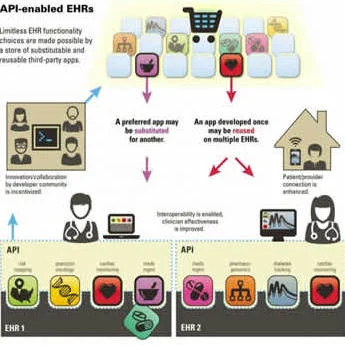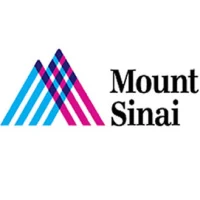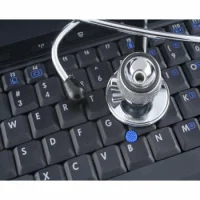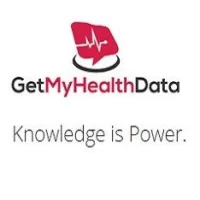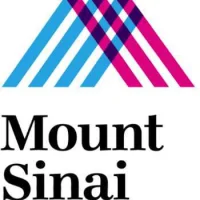With the easy availability of health apps, it has now become possible to monitor one’s steps, heart beat and sleep patterns. However, this information has not yet reached patient electronic health records. The commentary has been published in Cell Systems.
Harvard researchers argue that these mobile devices could reshape the practice of medicine and reduce healthcare costs but steps should be taken to enforce cross-platform communications.
U.S. President Obama has already declared the development of personalised medicine a priority in his 2015 State of the Union Address. However, the researchers argue that while these initiatives focus on sequencing patient genomes, an individual's genetic information could be put to even better use if it was linked to app-fuelled, electronic health record systems. They point out that innovations from the President’s initiative would be more effective if new data types could be integrated into medical decision making. EHR systems are not designed for storage or display of genomic data nor for computation and this would need to be dealt with for the initiatives to work.
A major hurdle is the fact that existing EHR systems do not support standardised interfaces for accessing data contained within them. Thus, it becomes time consuming and costly to develop tools that would use this data to improve healthcare. The authors suggest that collaborations between hospitals, vendors, federal committees, and industry organisations could help accelerate the adoption of standard application programming interfaces for reading and writing data from electronic health record systems.
"A good app, distributed widely, could reshape practice overnight," they write. "An innovator's idea, whether to improve care through precision medicine or through payment reform, becomes implementable at the point of care across the healthcare system. Agreement on, implementation of, and adherence to a standard, public, free, and open API will promote a new form of interoperability transforming healthcare into a modular plug and play system, dramatically increasing the rate of progress while reducing the cost of change."
Source: Cell Press
Image Credit: Mandl et al./Cell Systems 2015





